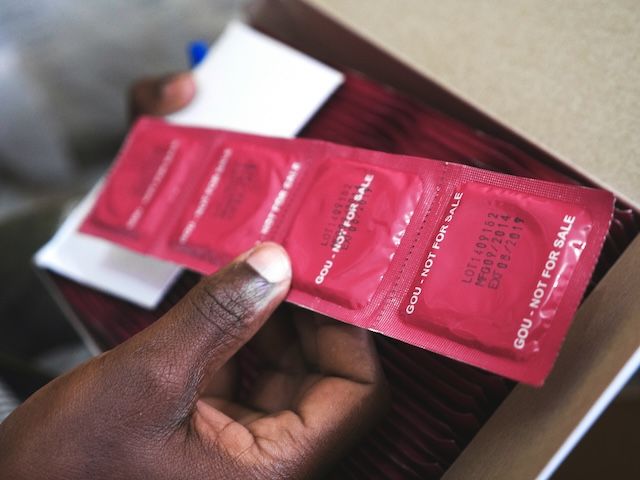Delayed NHS Maternity Reform Linked to Hundreds of Preventable Infant Deaths
A new report by UK charities Tommy’s and Sands reveals that delays in implementing promised NHS maternity care reforms have led to an estimated 2,500 preventable baby deaths in England since 2018.
This figure, described as the equivalent of 100 primary school classrooms, highlights a profound gap between political pledges and measurable outcomes in maternal and neonatal safety.
The UK government’s 2015 target aimed to halve stillbirth, neonatal death, and maternal mortality rates by 2025. However, official figures from 2023 indicate that these goals are unlikely to be met. The stillbirth rate stands at 3.9 per 1,000 births—far from the 2.6 target. Neonatal mortality is 1.4 per 1,000, exceeding the goal of 1.0. Preterm birth rates have also stagnated between 7.3% and 8.1%, above the 6% target set in the initial plan.
Dr. Robert Wilson, policy lead at Sands–Tommy’s, noted that “hundreds of babies each year could have survived” if NHS reforms had been delivered on time. The report calls for new post-2025 targets, proposing a reduction in stillbirths to 2.0 and neonatal deaths to 0.5 per 1,000 by 2035.
Structural issues are also at play. The 2024 Care Quality Commission (CQC) review found that more than 60% of maternity units in England were either “inadequate” or “require improvement.” Persistent problems include staffing shortages, unsafe facilities, and a pervasive blame culture that discourages transparency and error reporting. Several NHS Trusts, including those in Leeds and East Kent, have been linked to multiple avoidable deaths due to lapses in care.
 Photo by Pars Sahin
Photo by Pars Sahin
Ethnic disparities remain stark: Black and Asian women are up to three times more likely to experience life-threatening complications or die during pregnancy or childbirth than white women. Government officials acknowledge these inequities and have outlined measures to train more midwives, increase staffing levels by 5.8%, and implement equity-focused policies.
The crisis also extends to the financial realm. In 2023–2024, NHS England paid £2.8 billion in clinical negligence compensation, with over £500 million spent on legal fees. Birth-related claims accounted for a significant portion of this total. Former Health Secretary Jeremy Hunt warned in March 2025 that approximately 37 avoidable deaths occur each day due to system-wide NHS failures. He argued that aligning NHS safety standards with leading OECD countries could save up to 1,000 infant lives annually.
In response, current Health Secretary Wes Streeting has launched a national inquiry into the ten worst-performing maternity trusts. He criticized leadership failures within hospitals, regulators, and NHS bodies and called for long-term accountability beyond short-term reviews.
Health advocates insist that piecemeal investigations are not enough. They propose no-fault compensation systems, stronger whistleblower protections, improved implementation of recommendations from past reviews (including the Ockenden and Furness investigations), and a shift toward transparency, equity, and learning across the NHS.
So, NHS England’s failure to meet its maternity safety targets has contributed to hundreds of avoidable infant deaths annually. Persistent issues—including under-resourced units, systemic cultural resistance to acknowledging errors, and racial health inequities—remain unaddressed. To rebuild public trust and reduce future harm, the system must invest in equitable staffing, robust regulatory oversight, and a culture rooted in safety, accountability, and transparency.
Source: The Guardian





